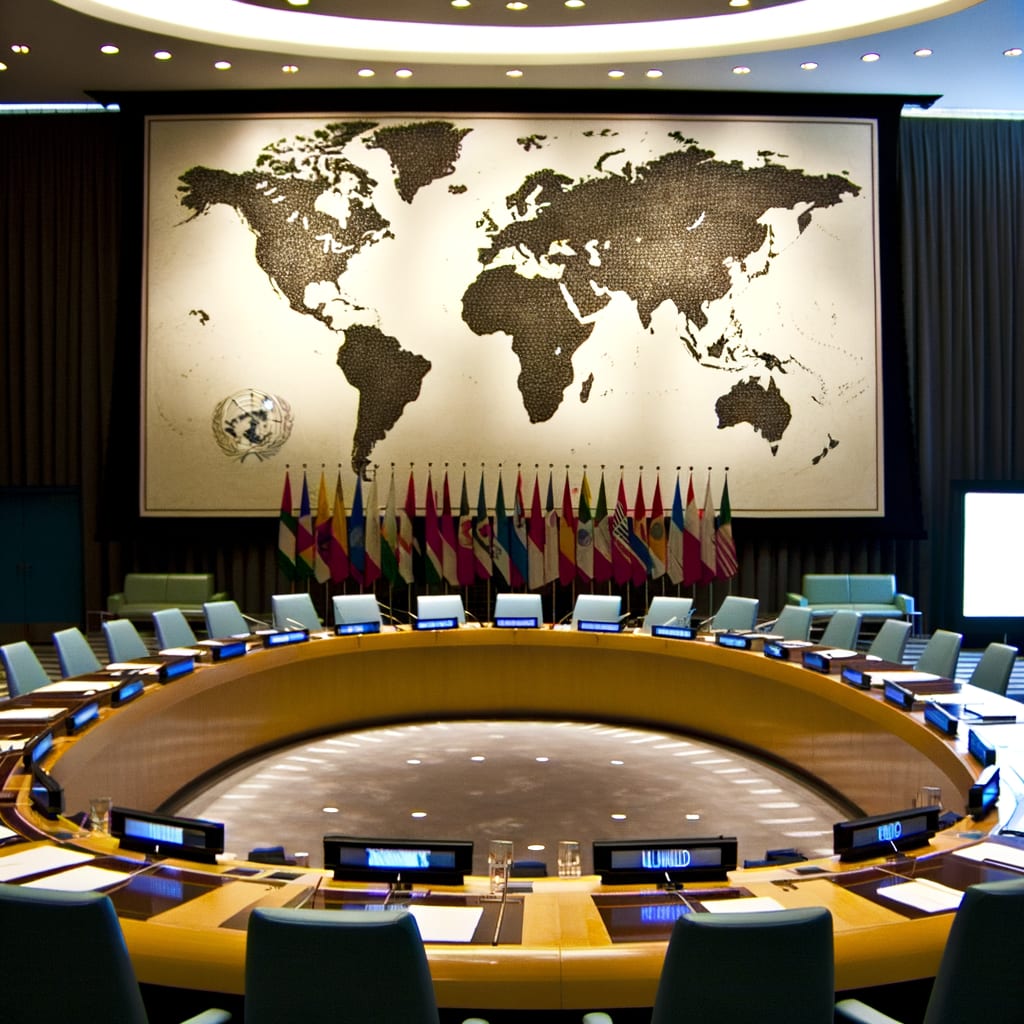US Backs UN International Force Plan for Gaza; India Extends Support
The United States has formally approved a United Nations resolution to establish an international force in Gaza, setting the mandate for a minimum of two years, according to ANSA and La Repubblica. The plan, attracting support from other nations including India, is aimed at stabilizing the region, following the catastrophic scale of Israel's assault.
Background and Context
The draft proposal for an international force in the region comes in the wake of severe destruction in the Gaza Strip, with 81 percent of structures reportedly devastated, as per Middle East Eye. The assault, recognized by the United Nations as genocide, has resulted in over 68,800 fatalities and more than 170,300 injuries since October 2023.
The proposal comes amid investigations by the USAID Office of the Inspector General into allegations of aid diversion to Hamas, highlighting the complex dynamics in the region, as reported by Fox News.
Key Developments
The US-backed UN resolution calls for an international force to ensure Gaza's demilitarization. The plan, according to La Repubblica, suggests an American-led administration at the helm, bolstered by a second layer of Palestinian technicians. A foreign stabilization force will be tasked with security, while local police will handle law enforcement.
United Nations Secretary-General António Guterres emphasized on the need to link Gaza and the West Bank,
with any force deployed having a UN mandate, as reported by Middle East Eye. The resolution is currently under discussion by the UN Security Council.
Additionally, India's external affairs minister Jaishankar expressed support for the plan during a meeting with his Israeli counterpart Gideon Saar in New Delhi, according to Middle East Eye.
Implications and Reactions
The plan, however, has faced criticism from Israel. Despite initial resistance to a UN-led mandate, Israel yielded to US pressure but is reportedly lobbying to alter the resolution's language to meet its military and political objectives, according to Middle East Eye.
The proposal's key sections, particularly those requiring Israeli army to respect the ceasefire and withdraw further from Gaza, are being contested by senior Israeli officials. Concerns have also been raised about the plan's potential to internationalise
the conflict, thereby possibly limiting Israel's military operations and exposing its actions in Gaza.
Conclusion
As the draft resolution awaits approval from the UN Security Council, the diverging narratives underscore the complexities involved in stabilizing the volatile Gaza region. The plan's implementation and its potential to pave the way for durable peace will be closely watched by the international community.

